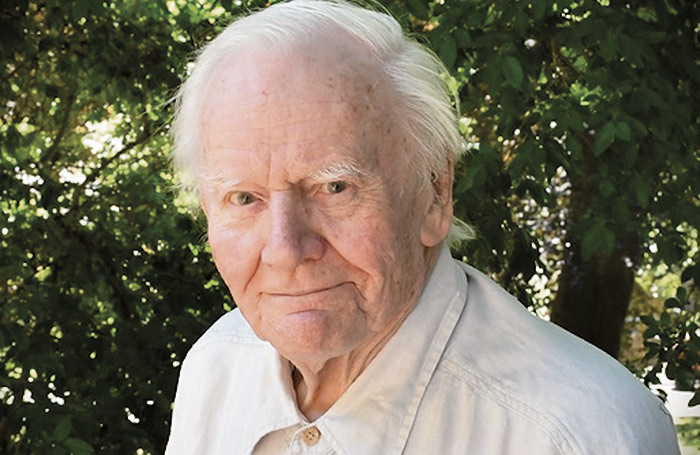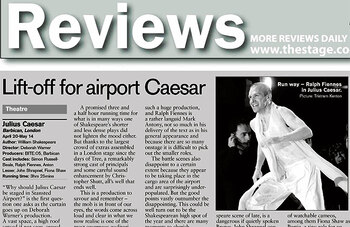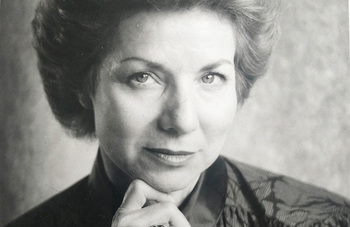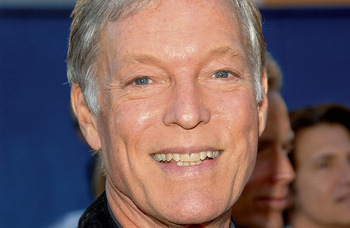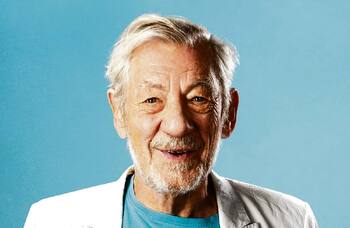Keith Dewhurst
Prolific writer and lifelong Manchester United fan, whose works spanned theatre, film, television and radio, ranging from changing the face of police procedural with Z-Cars, to his NT adaptation of Don Quixote starring Paul Scofield
Keith Dewhurst came relatively late to writing for television and stage but proved himself a prolific writer for both, forging a particularly memorable partnership with director Bill Bryden at the National Theatre. Born in Oldham, after reading English at the University of Cambridge he seemed destined to follow his father into Lancashire’s then still thriving cotton industry, beginning his working career as a yarn tester.
His ambition to write initially led him into journalism, joining the Manchester Evening Chronicle as a sports writer in 1955. He later became an embedded commentator on Manchester United, retaining a lifelong attachment to the club.
He inherited the role from his colleague, Alf Clarke, one of 23 who died in the Munich air disaster of 1958, among them emerging players vaunted as “Busby Babes”, that sent shockwaves through the country at the time.
In his late 20s, he began writing for Granada Television, The Stage approvingly commenting on the “natural warmth and simplicity” of 1960’s Think of the Day, directed by his early TV collaborator, Herbert Wise.
Within two years he had moved to the BBC to become one of the original writing team for Troy Kennedy Martin’s genre-changing police serial Z-Cars. Also for the Corporation, 1965’s The Siege of Manchester set the template for what was to become Dewhurst’s signature in its “imaginative and lively” treatment of a historical event and period.
It was through a joint venture between the BBC and the Mermaid Theatre that Dewhurst made his first foray into writing for the stage. Rafferty’s Chant in 1967, a farcical portrait of a car salesman conman, saw him bring the naturalism he had begun to pursue on television, and that was to colour much of his later work, to the fore.
He first worked with Bryden in a “without decor” presentation of the part-adventure story, part-political allegory, Pirates, in which 17th-century seafaring brigands establish an ideal state, at the Royal Court in 1970.
Their fledgling Sloane Square partnership progressed with the “penetrating” Brecht in ’26 and the Napoleonic-era musical Corunna!, featuring folk group Steeleye Span, the following year.
It came into its own towards the end of the decade with Dewhurst’s widely acclaimed adaptation of Flora Thompson’s novel, Lark Rise to Candleford, promenaded by Bryden at the National Theatre in 1978. There, the innocence of a Victorian village suspended in pastoral idyll before industrialisation and the horrors of the First World War was caught in theatrical aspic.
Speaking to BBC Radio 4’s Last Word, his daughter, Emma, said her father had “felt most of his work was about the progress of time”.
That notion was prominent in what came after. With a dedicated ensemble of actors in tow, Dewhurst and Bryden followed up with their more problematically received treatment of historian Christopher Hill’s English Civil War-focused The World Turned Upside Down the same year.
They teamed up again for Don Quixote in 1982 with Paul Scofield as the titular windmill-tilting, penny-farthing riding fantasist and Tony Haygarth as the ever-faithful Sancho Panza.
Dewhurst’s last Southbank offering was his bitingly satirical adaptation of Bulgakov’s backstage-set novel spoofing Stanislavski and the Moscow Arts Theatre, Black Snow, in 1991. The critic for the Financial Times praised it as “the funniest and cleverest new play I have seen for a very long time”. Fittingly, it was directed by William Gaskill, under whose stewardship of the Royal Court Dewhurst and Bryden had first met.
A proven and sensitive adapter of other writers’ works, Dewhurst ventured into film for 1985’s The Empty Beach, based on Peter Corris’ novel of the same name, and 1998’s David Leland-directed The Land Girls, his screen swansong, which evocatively set Angela Huth’s depiction of female camaraderie on the Home Front during the Second World War.
In 2013, for BBC Radio 3, he wove a revealing portrait of Herman Melville, with Gerard Murphy in his last role as the novelist, into a retelling of and commentary on his persecuted anti-hero, Billy Budd, to mark the centenary of Benjamin Britten, who had memorably set the novel in an opera.
Dewhurst’s other television work spanned single plays for multiple ‘theatre’ strands, high-profile period dramas such as The Edwardians and Churchill’s People, animated film-length adaptations of The Man in the Iron Mask and The Three Musketeers, and popular dramas such as Juliet Bravo and Casualty.
His most successful run on the small screen was 27 episodes of Richmal Crompton’s Just William for ITV, with Bonnie Langford as the lisping Violet Elizabeth Bott and Diana Dors as her indulgent mother from 1977-78.
Among his other theatre plays were The Bomb in Brewery Street for the Crucible, Sheffield (1975), Batavia for Perth Theatre (1984), and The Animals of Farthing Wood at London’s Pleasance in 1998. In 2006, he published Impossible Plays: Adventures with the Cottesloe Company, co-written with actor Jack Shepherd, reflecting on his decade-long association with Bryden at the National Theatre.
An inveterate writer of articles for newspapers, for a time he also presented BBC Radio’s Arts Review magazine programme.
He continued to write past his 90th birthday, producing several short novels and two books on football while remaining a devoted contributor to a Manchester United fanzine.
Keith Frederick Dewhurst was born on December 24, 1931, and died on January 11, 2025, aged 93. He is survived by his second wife, Alexandra Cann, who was also his agent, and two daughters, Emma and Faith, from his first marriage to actor Eve Pearce.
Latest Obituaries
Most Read
Across The Stage this weekYour subscription helps ensure our journalism can continue
Invest in The Stage today with a subscription starting at just £7.99
